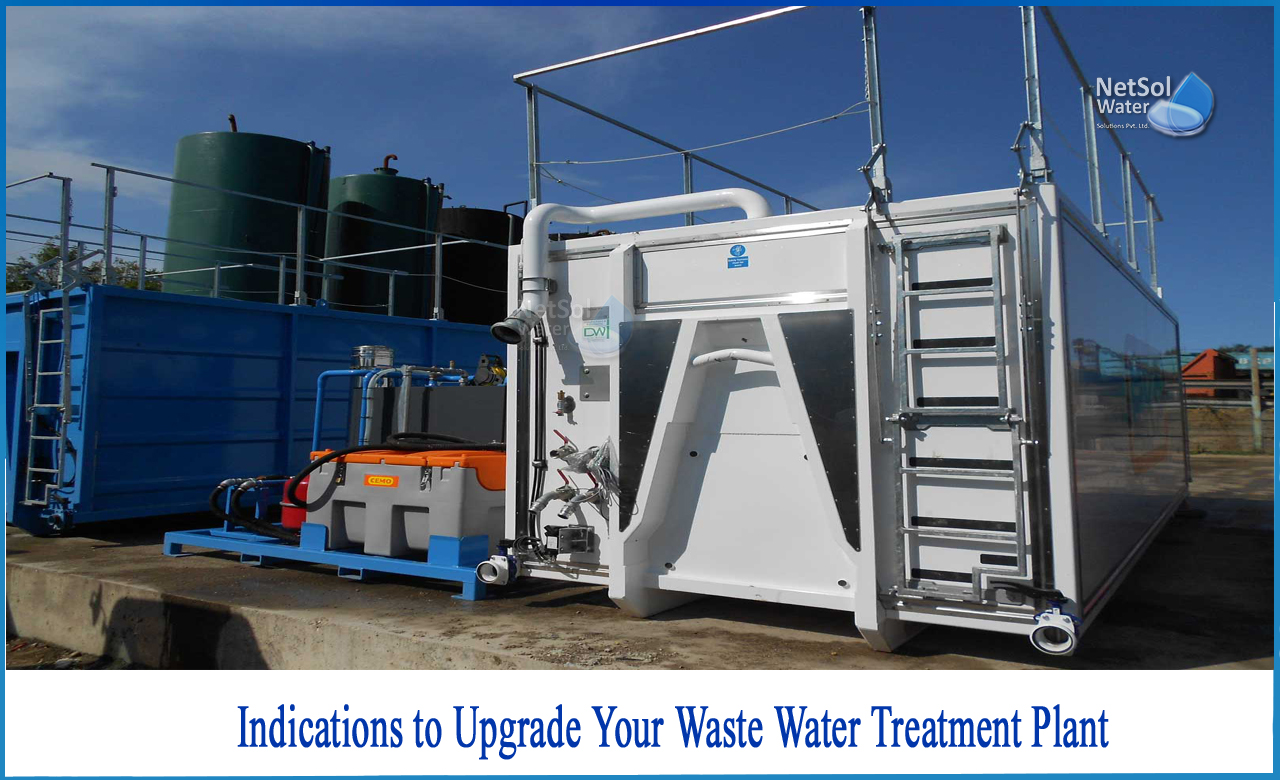How can wastewater treatment plant be improved?
Clean water is one of the most essential natural resource on the earth because it is necessary for life. Wastewater, which is basically used water, is also an important resource, especially in locations where there are frequent droughts and water shortages. However, because wastewater contains many dangerous elements, it must be treated before being released back into the environment.
As a result, wastewater treatment is critical for two reasons:
1: To restore the water supply, and
2: To safeguard the environment from contaminants.
What contaminants are present in wastewater?
Contaminants in wastewater include bacteria, chemicals, and other toxins. Its treatment will aim to reduce contaminants to the level of acceptance, thus allowing the water to be safely discharged into the environment.
Waste water treatment plants
Chemical or physical treatment plants and biological wastewater treatment plants are the two types of wastewater treatment plants.
Biological waste treatment plants break down waste using biological matter and bacteria. Physical waste treatment plants, on the other hand, treat wastewater through chemical reactions as well as physical processes.
While biological treatment systems are ideal for treating wastewater from residential and commercial properties, physical wastewater treatment plants are mostly used to treat wastewater from industries, factories, and manufacturing firms.
Contaminants from residential and commercial activities can end up in wastewater. Chemical compounds and disease causing micro-organisms in wastewater, if not treated properly, can harm animals, plants, and birds that live in or near water. It can also deteriorate and contaminate crops and drinking water, impacting human health. Treatment of Wastewater is critical for preserving the health of many different ecosystems.
There are a slew of reasons why wastewater treatment plant operators and management decides that it’s time to modernize their facilities.
1. Effluent standards have been raised
The most important reason for upgrading a wastewater treatment plant is to meet a higher discharge requirement. In order to improve the quality of effluent that reaches the environment, regulators throughout the world are imposing stricter discharge limitations on industrial and municipal wastewater treatment plants. There is also a growing requirement to ensure that the environment is protected from sources other than organic contamination.
The European Water Framework Directive, for example, aims to raise nitrogen and phosphorus removal criteria and adjust sludge disposal laws.
2. Outdated technology & equipment
Many existing wastewater treatment plants have been in operation for a number of years and have been underinvested in. That is, they are using outdated equipment and technology that may no longer be cost effective. In these cases, it is more cost effective to upgrade a wastewater treatment plant holistically and replace existing systems with new efficient equipment and technology. As a result, there is less maintenance, lower operating costs and better process outcomes.
3. Rising energy prices
Energy consumption issues are becoming increasingly important in today's world. Higher energy costs, greenhouse gas emissions, and a changing climate have heightened awareness of the fact that, while wastewater treatment plants prevent water pollution, they should not cause air pollution. Energy accounts for a sizable portion of a wastewater treatment plant's operating costs. The water industry is one of the largest industrial users of energy, accounting for an estimated 2.5 - 3 percent of total global electricity consumption for wastewater aeration alone.
4. Treatment plant capacity expansion
Many wastewater treatment plants are currently having trouble fulfilling capacity for wastewater treatment as a result of increased urban growth and rising population. Increased population and urbanization result in increased volumes of wastewater, causing wastewater treatment plants to become overburdened. The option is to expand the factory; however this is not always viable due to a shortage of accessible construction area. New treatment technologies that lower the needed footprint may be the answer to ensuring that a wastewater treatment plant capacity improvement can be accomplished in the restricted space available.
Conclusion
Wastewater, when properly treated, can be used for a variety of purposes. A well-designed wastewater treatment system allows the maximum amount of water to be reused rather than wasted.




